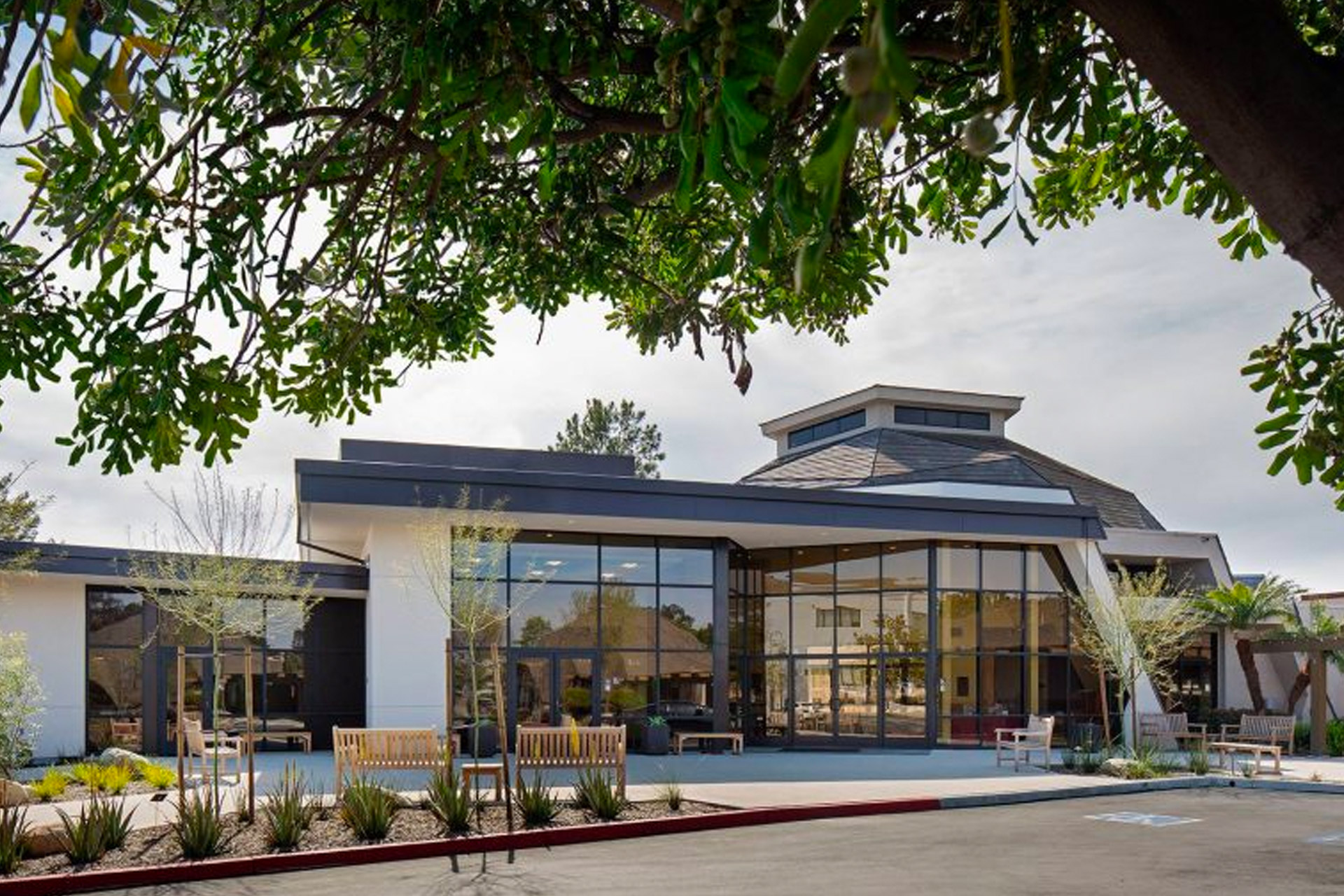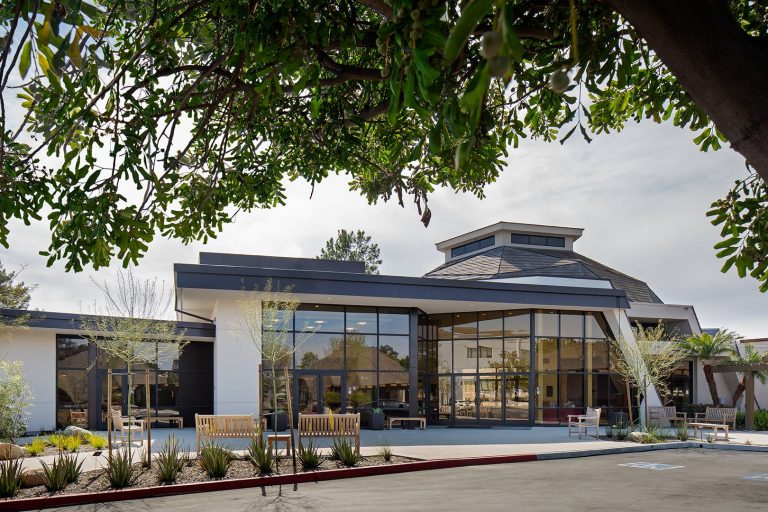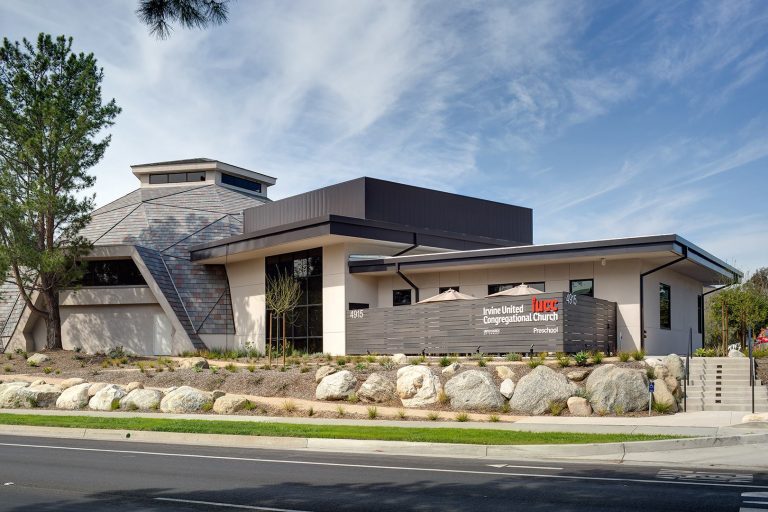The Basics of Conscious Investing
Investing can be complicated, especially if you’re just starting out. An easy way to narrow down the types of investments is by examining which opportunities line up with your own personal ethics and values. Growing your money while making a difference? If it seems too good to be true, it isn’t. This altruistic form of allocating funds is called socially responsible investing.
What is Socially Responsible Investing?
Socially responsible investing, or SRI, is investing with a conscious. Essentially, social responsible investing is a merge between financial gain and making a positive impact. Whether it’s women’s or civil rights, anti-war efforts, climate change, or decreasing world hunger – every investment is made with the end goal of reallocating funds to a conscious cause. The actual process details excluding companies and types of investments that do not align these core values.
ESGs Work Hand-in-Hand With SRI
There’s a strategy used to round up values-based companies to invest in. And this strategy is broken into three categories: environmental, social, or governance impact, also referred to as ESGs.
Environmental: These companies are directly or indirectly dedicated to reducing their carbon footprint. If you’re looking to invest in green companies, you’ll want to ensure the company practices using green technologies, water and natural resource conservation, decreased pollution, recycling, and hazardous waste management.
Social: Companies that promote overall connectivity within the society at large. For example, companies that encourage employee retention and satisfaction, promote diversity and inclusion, and foster optimal company culture are ones that are viable options for social impact investments.
Governance: This refers to how the actual company is managed. Wanting to invest in a company that has ethical business practices and is committed to equal pay amongst its employees
Is Conscious Investing Right for Me?
If you want to invest, but prioritize investments that align to your values, then SRI is right for you. Financial outcomes are important, however, you’ll want to find the best values-based fit for your investment. This will require you to ask yourself key questions about your own personal values. Is investing in woman-owned businesses important to me? How about companies that promote sustainable energy? Perhaps you’re primarily interested in investments that give back to K-12 education.
Whatever, the cause, analyze whether the types of investments will match your moral, social, ethical, and/or religious views. Side note: SRI also means avoiding investments that directly misalign to your values, too. For instance, if one of your core practices is promoting internal health, you wouldn’t want to invest in a tobacco or cigarette production company.
There’s a ton of diversity in SRIs. Options include investing in individual SRIs or making socially responsible investments through mutual funds, index funds, or exchange-traded funds.
If you aren’t sure which companies truly align to your values, it’s best to hire a financial advisor that can provide guidance in this specific arena.
Saving for College with Education Savings Account
Saving for college before the first day of preschool
According to U.S. News & World Report, the average tuition and fees at private universities have increased 168% in the last 20 years. Since 1998, out-of-state tuition and fees have also increased by 200% at public universities, and in-state, public university college tuition and fees have increased a whopping 243%. Saving for college at a private university means saving $174,248 for a four-year, undergraduate degree. If tuition rises at the same rate, today’s preschoolers need to start saving for college at a rate that yields them more than $350,000 by the age of 18.

Saving for college with a Coverdell Education Savings Account
A Coverdell Education Savings Account (also known as a Coverdell ESA) is a custodial account for the purposes of saving for college (or any K-12 expenses). A Coverdell ESA, formerly known as an Education IRA until 2002, offers tax-free investment growth (and tax-free withdrawals for qualifying education expenses). Like a 529 plan, the Coverdell Education Savings Account can be used for tuition; unlike a 529 plan, however, the Coverdell ESA can also be used for books, supplies, equipment, academic tutoring, and other qualifying education expenses.
A Coverdell ESA, like its Education IRA predecessor, does have an annual contribution limit of $2,000 per student per calendar year. Given the rising costs of college, a Coverdell ESA can obviously not be the only part of your education savings plan. Instead, a Coverdell ESA should be treated like any long-term investment strategy—as a lower risk investment option. For example, at the Cornerstone Fund, a fixed-income term note can be used as part of your education savings plan (and overall investment portfolio for education) and marked as a Coverdell ESA. Other elements of your education savings plan can then be comprised of additional tax advantage programs like a 529 plan.
The limits to the Coverdell Education Savings Account (Coverdell ESA)
Besides its $2,000 annual contribution limits , the Coverdell ESA has a few other limits that any investor needs to know about, including a limit on contributions based on your adjusted gross income. As a custodian, if your income is $110,000 or more, you are not eligible to use a Coverdell ESA. T hat doesn’t mean that another qualifying investor (like a grandparent or other relative) couldn’t set-up a Coverdell ESA for the child. Keep in mind, however, that the annual contribution can only be $2,000 per child (in total, across all ESA accounts).
An education savings plan that reduces long-term student debt
Without an effective college savings plan, the student becomes a part of the student loan debt crisis. According to Forbes, current student loan debt in the U.S. totals more than $1.5 trillion. For example, borrowers in the Class of 2017 carry, on average, $28,650 in student debt. In Connecticut, that average student loan debt is $38,510. With an education savings plan that utilizes both 529 plans and a Coverdell Education Savings Account, a child can reasonably afford a secondary education after high school.
Irvine United Church of Christ - Irvine, California
Irvine United Church of Christ is California church that upholds their commitment to community and its congregation by meeting the area’s growing need for additional childcare, promoting greater internal staff productivity, and encouraging interfaith practices.
Irvine UCC’s New Church Campus Aims to Unite Community through Shared Values
For the first time in a long time, faith leaders from diverse religious backgrounds gathered upon the back patio of Irvine United Congregational Church (IUCC) to celebrate the ordination of Rev. Sarah Averette-Phillips, IUCC’s assistant pastor. After many years of planning, the vision for IUCC’s fellowship patio had finally materialized–a surreal moment for all involved in the intimate ceremony. Faith leaders of every religion gathered harmoniously on the church’s campus. This is a manifestation of IUCC’s core mission–and an undertaking that would not have been possible without the financial assistance from the Cornerstone Fund.
An Ambitious Plan in Motion
In 2012, IUCC reached out to Domus Studio (an architecture firm located in San Diego, CA) to create a master renovation plan for the entire campus. “The campus was aged and we were outgrowing it,” says Anne Rosse, Chair of the Capital Campaign and Building Task Force.
Domus then provided IUCC with a three-phrase plan that would be completed over the course of several years (with the first phase, to be completed in six months to a year).
After raising approximately $1.27 million for the restoration project, IUCC received assistance from the United Church of Christ Cornerstone Fund for the balance needed to complete the project.
Mark Allen, IUCC’s Treasurer, wanted to work with an organization devoted to faith-based projects. “Our congregation had a tremendous trust and comfort with the UCC Cornerstone Fund,” says Allen. “Cornerstone has been a faithful partner to Irvine United Congregational Church for over 25 years. We wouldn’t be here without their support,” he continues.
For the massive building project, the Cornerstone Fund financed nearly $1.2 million to IUCC–a sum large enough to pay for all the necessary renovations during the first phase of the project.
Both with fundraising efforts and an additional loan from the Cornerstone Fund, IUCC was able to break ground in October 2017.
Campus Facelift Improves Visibility
One of the primary goals of IUCC’s renovation plan was to increase visibility of the church. Prior to breaking ground on the new additions, the building was extremely difficult to see from the main road. “Drivers passed by the campus all the time. And if the person had the intention of walking through the doors, we discovered that people simply drove by because the building was not visible,” explains Rosse.
“This project is not one to serve ourselves; but to make sure we could throw open the doors to the community–ultimately so that we can do a better job of reaching out and serving,” says Rosse.
Naturally, increasing the church’s visible presence would likely lead to getting more people through the front doors. However, Rosse clarifies that “a surge in membership was not the driving force behind the project.
When planning the building project, Rosse and Allen’s primary goals included expanding the building space for internal staff, providing the neighborhood and surrounding areas with quality childcare, and making space to collaborate with members of the community. Increased membership? “Well, that’s just an added bonus,” says Rosse.
“Beautiful new frontage symbolizes increased visibility in the community, but it also has a much deeper meaning,” confirms Allen. Rosse agrees, “The heightened visibility is a bridge to an oasis of valuable resources for our community.”
A Worthy Cause for Celebration: IUCC Building Dedication
IUCC has been fully enjoying the new campus since the fall of 2018. During the building dedication, IUCC’s Senior Pastor, Rev. Dr. Paul Tellström, expressed how deeply moved he was by the buildings’ aesthetics. “The glass reveals life going on inside, and the boulders suggest a steady permanence. Our bold signage welcomes and proclaims our identity.”
At the time of the building dedication ceremony, many members of the congregation breathed a sigh of relief. The 12 months of construction had been “absolutely exhausting.” Nonetheless, everyone involved in the project felt a sense of purpose after the project was complete. The IUCC family was relieved to see how all the hard work had paid off.
The hard work references the many aged buildings at IUCC that were long overdue for upgrades. Renovations included an additional 2,500 sq. ft of indoor space and 2,100 sq. ft of new or reconfigured outdoor space. The new indoor space has a new church office, three meeting rooms, two staff offices, one flexible workspace/future office, one file room, a pastor’s patio, and a spacious fellowship patio. The meeting rooms were designed and restructured with operable partitions, seating 75 or 160 standing.
All of these changes were made to better serve the staff, congregation, and community.
Rev. Dr. Paul Tellström was particularly impressed with the offices. “Our staff now has space to stretch out in, undisturbed by the gentle chaos of the preschool, and into spaces where we can speak in confidence and plan together as a staff.”
The Importance of Community and the Family Promise
The old church office was converted into a brand new preschool classroom. Not only does the new classroom provides additional space (and ten additional spots) for our Sunday school programs, the preschool serves a purpose in sharing IUCC’s values with surrounding neighborhoods. Increased enrollment in the preschool program provides the capital for IUCC to pay back the loan in the coming years; furthermore, it directly serves families needing reliable childcare as well as creating additional jobs.
In addition to the preschool, prior to construction, there was no place for the senior pastor to have confidential counseling appointments. “Now, if someone comes in to meet with him, they can leave through a back door, especially if they are emotional. This design was intentional so that any individual who walks through our doors can feel as comfortable as possible,” says Rosse.
In past years, IUCC also made a verbal commitment to national nonprofit organization, Family Promise; however, “the lack of space within the old campus did not allow us to host homeless families on our campus,” says Rosse.
She continues, “With most homeless shelters in and around our city, men and women are often separated, leaving the children to go with women. One of the reasons why we champion Family Promise is because they are committed to keeping families together. This summer, for the very first time [we’re hosting this summer], IUCC will be hosting our first group of families–providing meals and a safe place to sleep. This is all a result of our renovations, and we cannot wait!”
With the buildings’ new upgrades, Irvine United Congregational Church can now invite more organizations (whose values align) to use the church’s meeting space.
“A key for me, and for others, was the ability to host community groups that we thought would seek ‘Just Peace,’ in line with our UCC denominational designation,” adds Keith Boyum, area church leader.
A Pledge for Interfaith Collaboration
In 2013, pastor Terry Jones from Florida, was arrested for a planned burning of the Qur’an. Although IUCC had an established connection with area mosques, they wanted to show solidarity with the local Muslim community. In order to do this, IUCC intentionally had a Qur’an reading during one of their worship services.
“As the Church grows and shifts, it is evident that ‘ministry’ is also evolving. Getting folks into the pews remains only part of the mission of the Church. We must begin to think creatively about ways to engage the community. We must realize that our call for fellowship lies in connection to people who don’t look, sound, or act like us. And yet, we come together around a common purpose of connection, of justice, of loving our neighbor as ourselves. Our new building at IUCC allows us to do just this,” emphasizes Rev. Sarah Averette-Phillips.
That’s why IUCC also frequently collaborates with area synagogues, mosques, and temples.
Irvine United Congregational Church wants those who practice and lead in other religions to know that they are always welcome to fellowship and come together with the IUCC family.
A Generation of Hope
A new generation of churchgoers is changing the conventional means of practice. “We recognize that how people want to experience their faith is growing. And that may not come on Sunday mornings,” says Rosse. “And that was part of how we thought about this building. How can we create a space that will make people want to be a part of our community?”
Even though budgeting for such a large project was a major concern, Allen knew that the campus desperately needed a makeover. Not just for current members, but for generations to come. “We were so constrained with the building that we had. We’re usually pretty tight with our pennies, but there’s a time when you just have to do more,” says Allen.
IUCC has also done its part for forthcoming generations by incorporating more sustainable features and green practices throughout the building project. Energy efficient appliances, drought-tolerant landscaping, and glazing for maximum daylight are just a few additions that made the IUCC a minimalist and eco friendly campus.
Allen was also very passionate about setting the future generations up for financial success. “We don’t want to saddle the next generation with a debt they can’t pay for. We want to build only what we could afford.”
That’s why IUCC decided to not move forward with additional two phases of the building project. The renovations completed during phase one have been “more than enough.”
A Partnership in Faith and Future with the Cornerstone Fund
Mark, who is also a seasoned financial consultant, places loans frequently–so he understands the importance of quality lending services. Allen describes the Cornerstone Fund’s program as “top notch” and “would highly recommend the Cornerstone Fund to others looking for a professional, faith-based lending program.”
Allen credits the Capital Fundraising Services of the UCC Church Building and Loan Fund, as well as the Cornerstone Fund lending team with helping IUCC throughout the entire duration of the building project. “[The CB&LF team] was instrumental to helping us, especially, with the capital campaign.”
Working with United Church of Christ ministries is very important to Irvine United Congregational Church because, as Allen points out, the new campus and everything it represents “is affiliated with the United Church of Christ.” Rosse continues, “We want to make everyone involved proud.”
Renae Boyum, moderator, agrees with Rosse and Allen’s assessment. “We see the new spaces filled with light and with the spirit–we see our community coming together in faith and reaching out to all no matter where they are on their journey of faith.”
It really does take a village to raise a family–and it is evident that the Cornerstone Fund is a necessary contributor to the Irvine United Congregational Church vision. This vision, along with the entire village, has made quite a significant impact on the community–hopefully one that will last for generations to come.
Rebecca Perera, Chief of Credit
Rebecca Perera is Cornerstone’s Chief of Credit. Prior to her appointment as CoC, Rebecca was the Fund’s Director of Lending, where she developed and codified lending operations and served as primary underwriter. Rebecca came to Cornerstone from the Economic and Community Development Institute (ECDI), a nonprofit SBA micro lender, where she shepherded dozens of small business owners through underwriting and provided both pre-loan technical expertise and post-loan business development consulting to support their enduring success.
Rebecca’s commitment to community-oriented and equitable access to resources — whether financial, educational, or cultural — makes her a vital contributor to Cornerstone’s mission-oriented approach to lending. Prior to her career in finance, Rebecca was a professional orchestral musician, performing on stages worldwide and spearheading a number of community engagement projects in the arts. This early work was the genesis of her ongoing commitment to community and economic development, including board service with a diverse array of organizations such as Noteworthy Federal Credit Union, Les Delices Early Music Ensemble, Metro West Community Development Organization and Cleveland Public Theatre’s Masrah Al-Arabi.
She holds degrees from Oberlin College and Rice University.
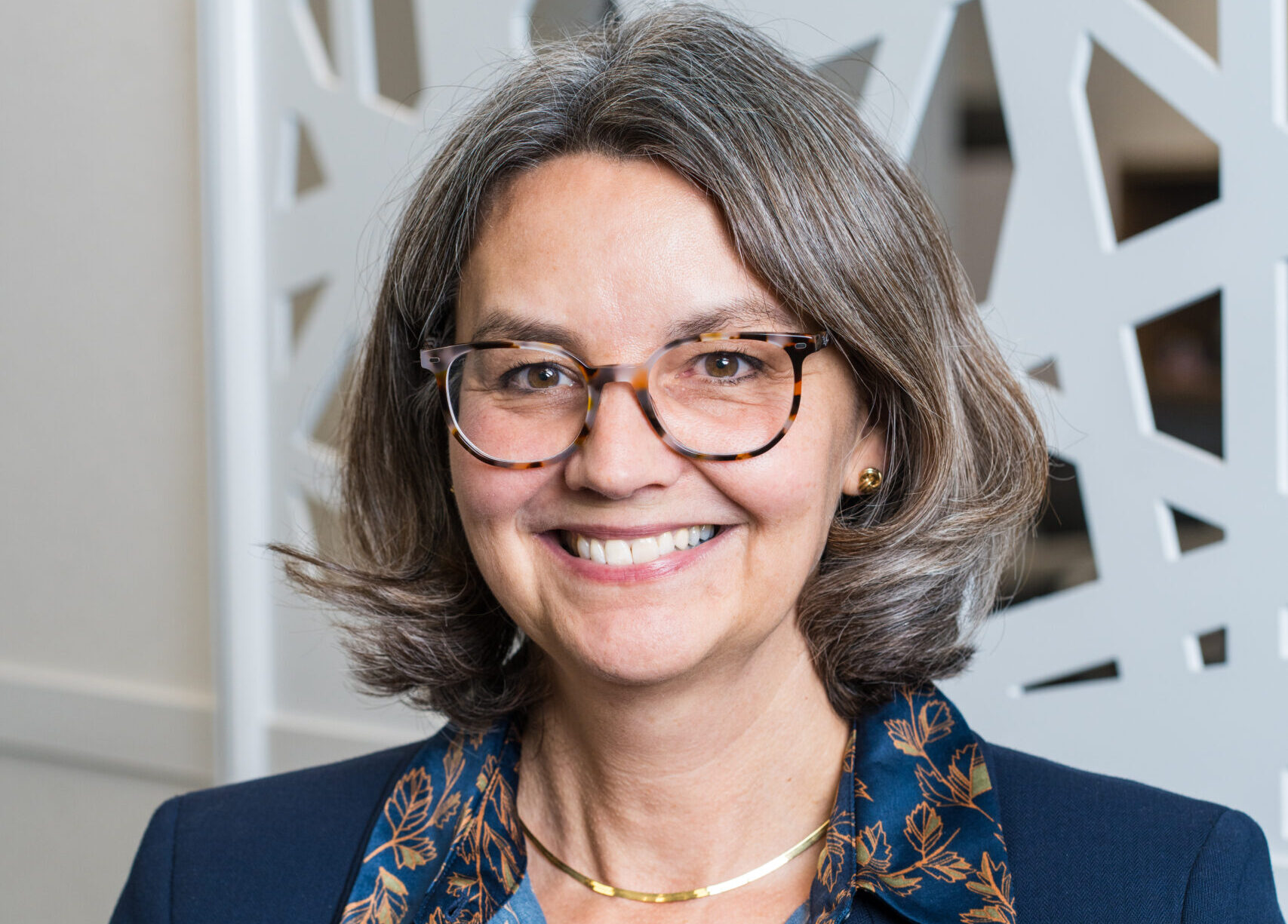
Rev. Dr. Thomas E. Dipko – Director Emeritus
Thomas E. Dipko is the retired Executive Vice President of the United Church Board for Homeland Ministries and Charter Chair and member of the Board of Directors of the Cornerstone Fund. He served as a local church pastor for 21 years and as Conference Minister of the Ohio Conference for 8 years. His specializations include ecumenical theology and liturgy, and he served as the first draft writer of the UCC Book of Worship. He holds a B.A. from Otterbein College, an M.Div. from United Theological Seminary (Dayton), and a Ph.D. from Boston University.

Norman Williams
Norman Williams retired as Chairman of the Board of Directors and CEO of Illinois-Service Federal Savings and Loan Association in April of 2016 after completing a successful recapitalization of the bank. In addition, Mr. Williams was the past Chairman and member of the Board of Directors of the Illinois League of Financial Institutions and has served as a member of the Board of Directors of the American Bankers Association. He is the Past Chair of the Board of Trustees of Chicago Theological Seminary and served as Moderator of the 32nd General Synod of the United Church of Christ. Having served his local church as Chair of the Diaconate, Chair of the Board of Trustees, and Treasurer, he has returned to serve them again as Treasurer. He owns and operates Unity Funeral Parlors, Inc., as the second generation of a funeral service business in Chicago founded by his father. Mr. Williams is a graduate of Amherst College in Amherst, Massachusetts. He is married to Dr. Lynda W. Williams, an educator and professional leadership coach to school principals in the State of Illinois.
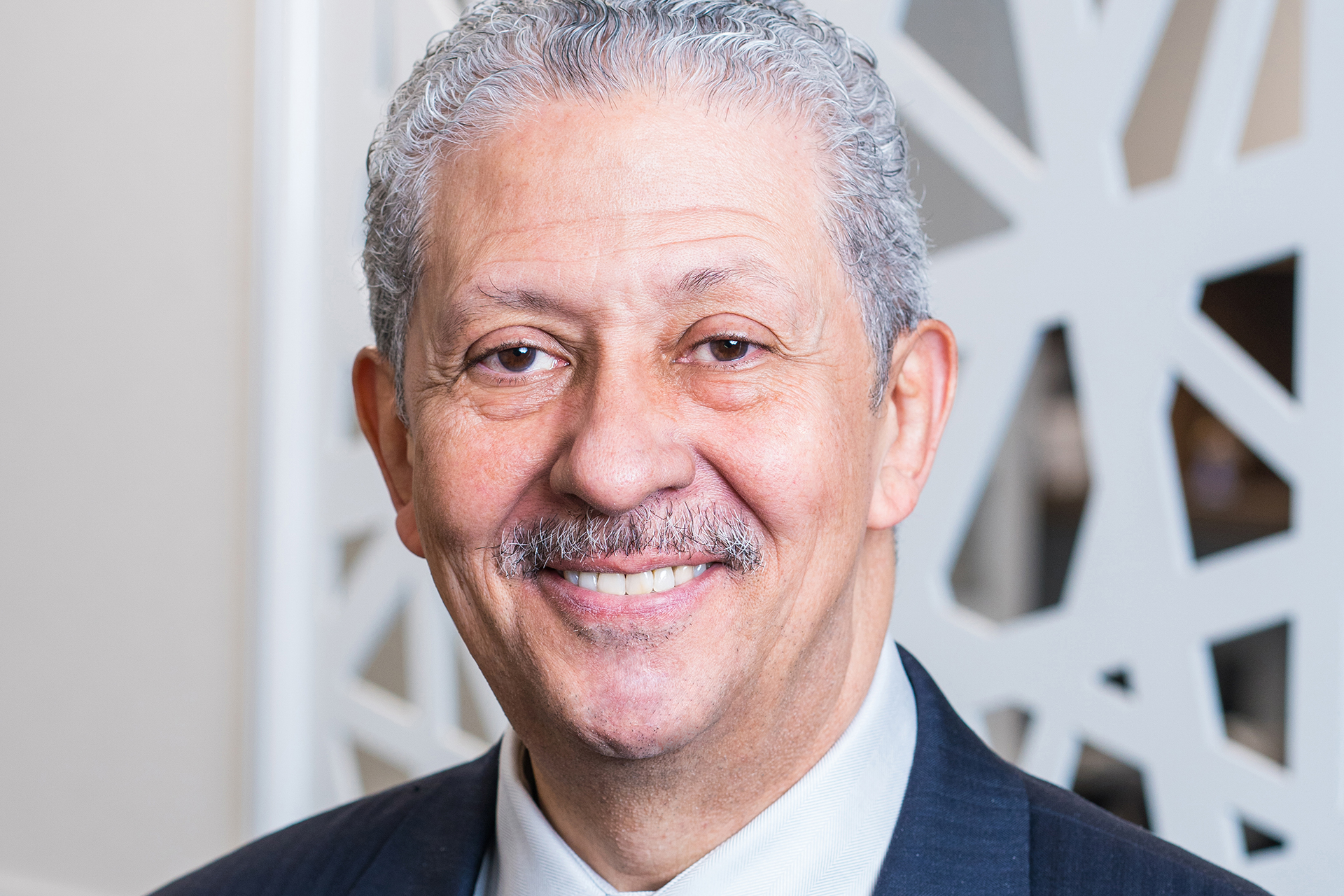
Rev. Dr. Timothy Tutt
Rev. Timothy Tutt is an ordained United Church of Christ clergyperson and a non-profit executive and consultant. He has previously served as the pastor of churches in Austin, Texas, and Bethesda, Maryland. He is a graduate of Baylor University and Baptist Theological Seminary at Richmond in Richmond Virginia. The Rev. Dr. Tutt also holds a Doctor of Ministry (focusing on Public Theology) from Wesley Seminary. Prior to entering seminary, he worked on Capitol Hill as a Legislative Assistant. After seminary, he served as Protestant Chaplain at Georgetown University for a school year. He serves on various NGO boards and denominational committees.

Rev. Dr. Courtney Stange-Tregear, Vice President & Chief Relationship Officer
Rev. Dr. Courtney Stange-Tregear is Vice President, Chief Relationship Officer of Cornerstone Fund and a clergyperson in the United Church of Christ. The Rev. Dr. Stange-Tregear joined the Cornerstone Fund staff in 2023 after serving for more than four years on the Board of Directors, during which time she also served the Pacific Northwest Conference as the Minister for Church Vitality and then as Acting Conference Minister. While in conference leadership she gained significant executive experience while also working to center relationship as a means of increasing organizational capacity and navigating organizational change. As a renowned public speaker, her contributions to the Cornerstone Fund have been significant in terms of increasing investment growth, customer retention, and brand awareness. The Rev. Dr. is dedicated to lifelong learning, holding degrees from St. John’s College in Philosophy and History of Math, the University of Leeds in Philosophy and Religion, a Master of Divinity from Andover Newton Theological School, and a Doctor of Ministry from Bexley Seabury Seminary.

Rev. Darrell L. Goodwin
The Rev. Darrell L. Goodwin, a Chicago native, currently serves as the first Executive Conference Minister of the Southern New England Conference of the United Church of Christ. Before this role, he served the Iowa, Nebraska, and South Dakota Conferences as an Associate Conference Minister. Darrell is a member of the United Church of Christ Board, the UCC Council for Health and Human Service Ministries, and the Global Ministries Board. In his 20 years of ministerial experience, the Rev. Goodwin has served as Program Director and creator of the Pension Boards’ Faith and Personal Finance Initiative; Assistant Vice President of the Youth Department at Chicago’s Pentecostal Temple Church of God in Christ; Youth Pastor and Staff Minister of Mason Cathedral Church of God in Christ in Dorchester, Massachusetts; Pastoral Intern at St. Paul AME Church in Cambridge, Massachusetts; Pastor and Founder of ALANA (African, Latin, Asian, and Native American) Campus Ministry at the University of Vermont, and Staff Minister at Second Advent Christian Church in Omaha. The Rev. Goodwin holds a Bachelor of Arts in Human Development and Theology from Boston College; a Master of Education in Higher Education and Student Affairs Administration from The University of Vermont; a Master of Arts in Transforming Spirituality from Seattle University; and is currently a doctoral candidate in San Francisco Theological Seminary’s Doctor of Ministry program.
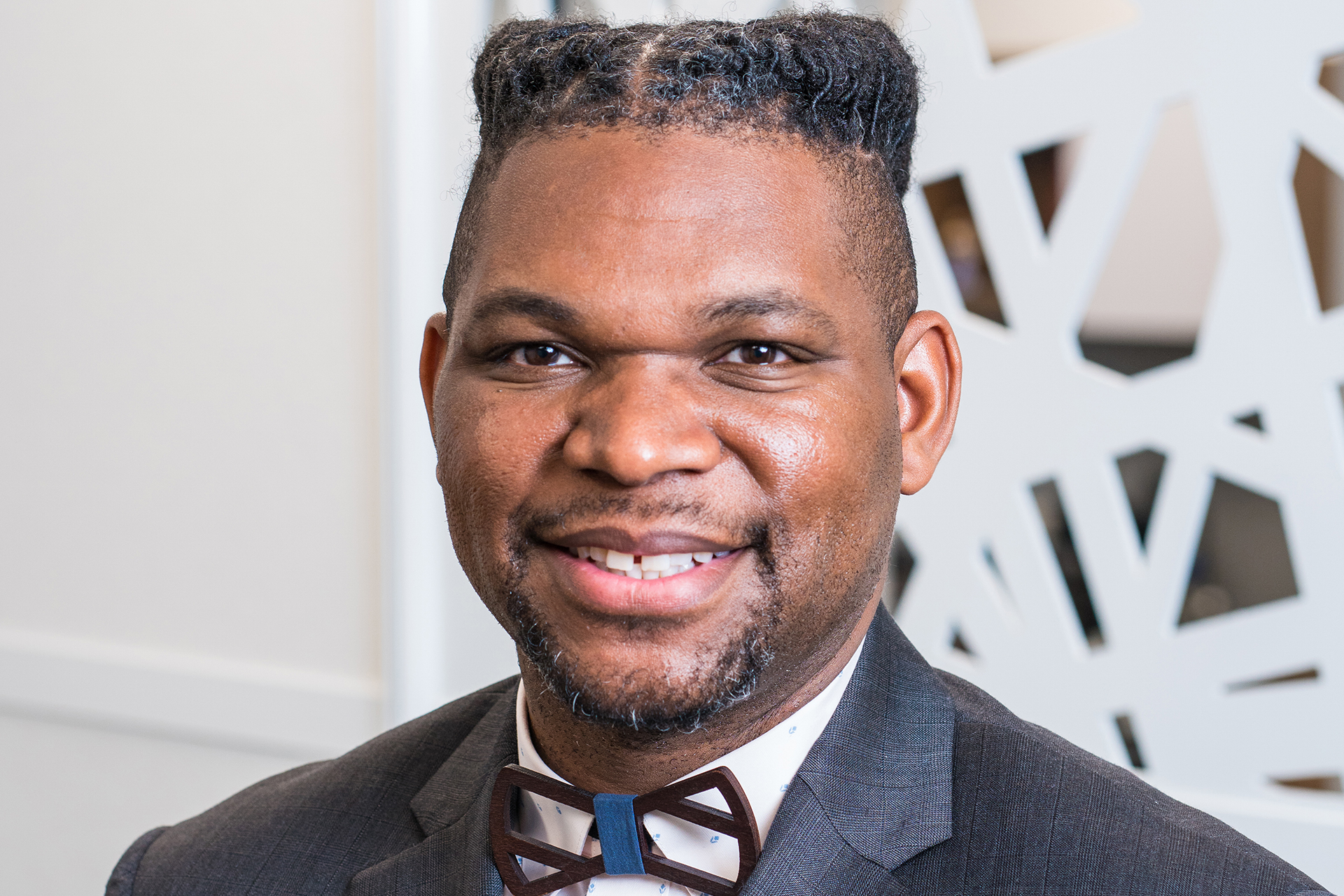
Ms. Patricia Eggleston, Esq.
Patricia J. Eggleston is the Executive Vice President and General Counsel for the Trinity 95th and Cottage Grove Planned Community Development, LLC (dba lmani Village). In her role, she directs, manages, and oversees all aspects of the development; ensures implementation of the organization’s goals and objectives; provides for general legal oversight of the project; and manages stakeholder relationships. Before her current role, Ms. Eggleston served as General Counsel and program advisor for Trinity United Church of Christ in Chicago, the denomination’s largest congregation. In this capacity, Ms. Eggleston was responsible for all aspects of Trinity’s legal affairs. She has served in this role since 1991. Ms. Eggleston has maintained a private legal practice committed to representing and empowering low-income persons. She has special expertise and extensive experience in real estate, business, contract, church, and non-profit law, representing several churches and non-profit organizations. Ms. Eggleston has been a member of Trinity UCC since 1981 and has served in various capacities with the denomination, including leadership roles with United Black Christians. She received both her B.A. and J.D. from the University of Illinois.



